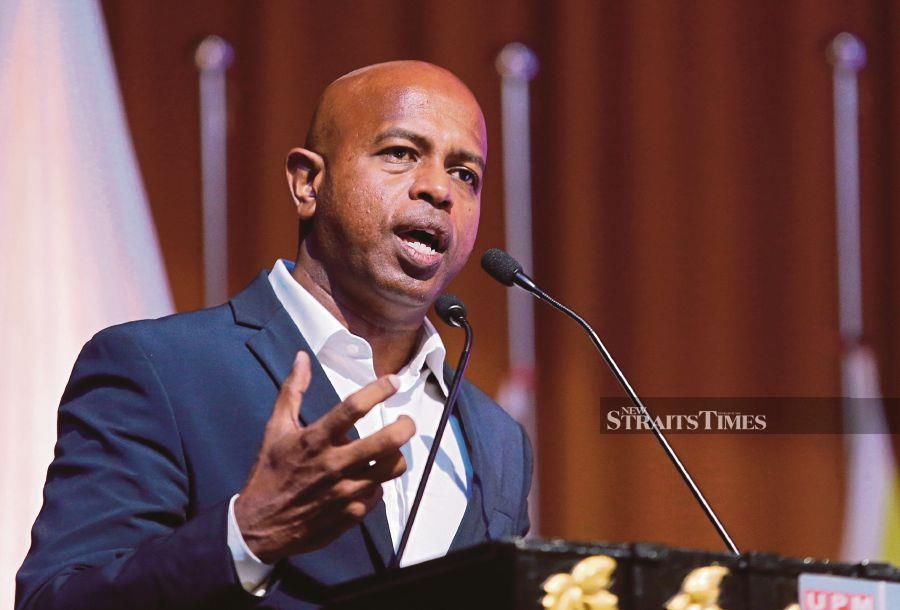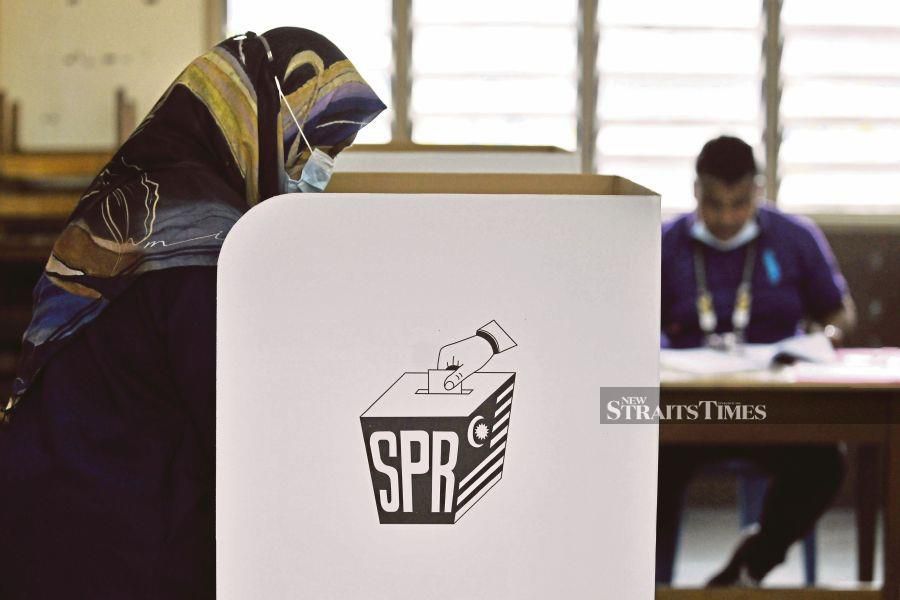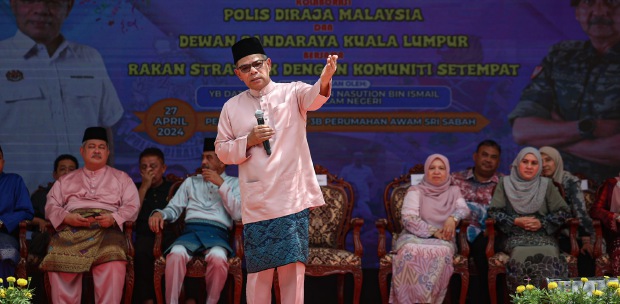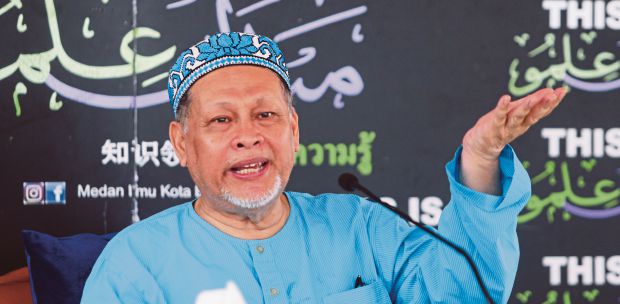KUALA LUMPUR: Voters who will go to the polls in six states will not be focusing on party image, but rather who can bring about actual reforms.
Analysts said the people want pledges on reforms to be realised, regardless of which party or leader is in the unity government.
Last night, the Unity Government Secretariat held its inaugural meeting and discussed the implementation of party manifestos or pledges made during the 15th General Election.
Singapore Institute of International Affairs senior fellow Dr Oh Ei Sun said the main political confrontation now was between the supposedly more reformist unity government and the more religious "green wave".
He said religious voters were unlikely to be wooed by the ruling coalitions as they were focused on clean candidates.
He said it would be futile to try to win over "green wave" supporters, "unless you can out-religion Perikatan Nasional (PN)".
"Pakatan Harapan (PH) voters who are disgusted with Umno's tainted image have no choice but to vote for Umno because the religiously extremist alternative is even harder to contemplate.
"Supporters have to think about the much worse scenario of having a right-wing (party) ruling Selangor and perhaps the country," Oh said about the Selangor polls.
He said the unity government's best bet was to focus on socioeconomic and livelihood issues, such as increasing employment and ensuring food security.
International Islamic University political science assistant professor Syaza Shukri said managing public opinion was more important than whether parties in the ruling government could align.

"In terms of policies, (Prime Miniser Datuk Seri) Anwar (Ibra-him) has broadcasted in the news that Malaysia will never recognise LGBT, secularism and communism, which overlaps with BN's (Barisan Nasional) conservatism."
She said maintaining public interest depended on effective administration and processes.
Universiti Teknologi Mara liberal communication senior lecturer Dr A. Aziz Azizam said the people were looking to the government to regain confidence in the administration, not just for an improvement in image.
"People judge based on the party's seriousness in putting the country back on track. Hence, the manifestos can no longer be seen as a political commodity."
Universiti Sains Malaysia political analyst Dr Sivamurugan Pandian said PH and BN must iron out their differences and work together to retain power at the federal level.
"They have to straighten out differences (in the manifestos) and come up with a common aim.
"The cost of living, economy and integrity are among the important issues voters gravitate towards based on research.
"If they can address these issues and show results before the state elections, they can build trust and confidence among fence-sitters.
"However, they have to do it fast because time is running out and the coalitions do not have the luxury of time."





